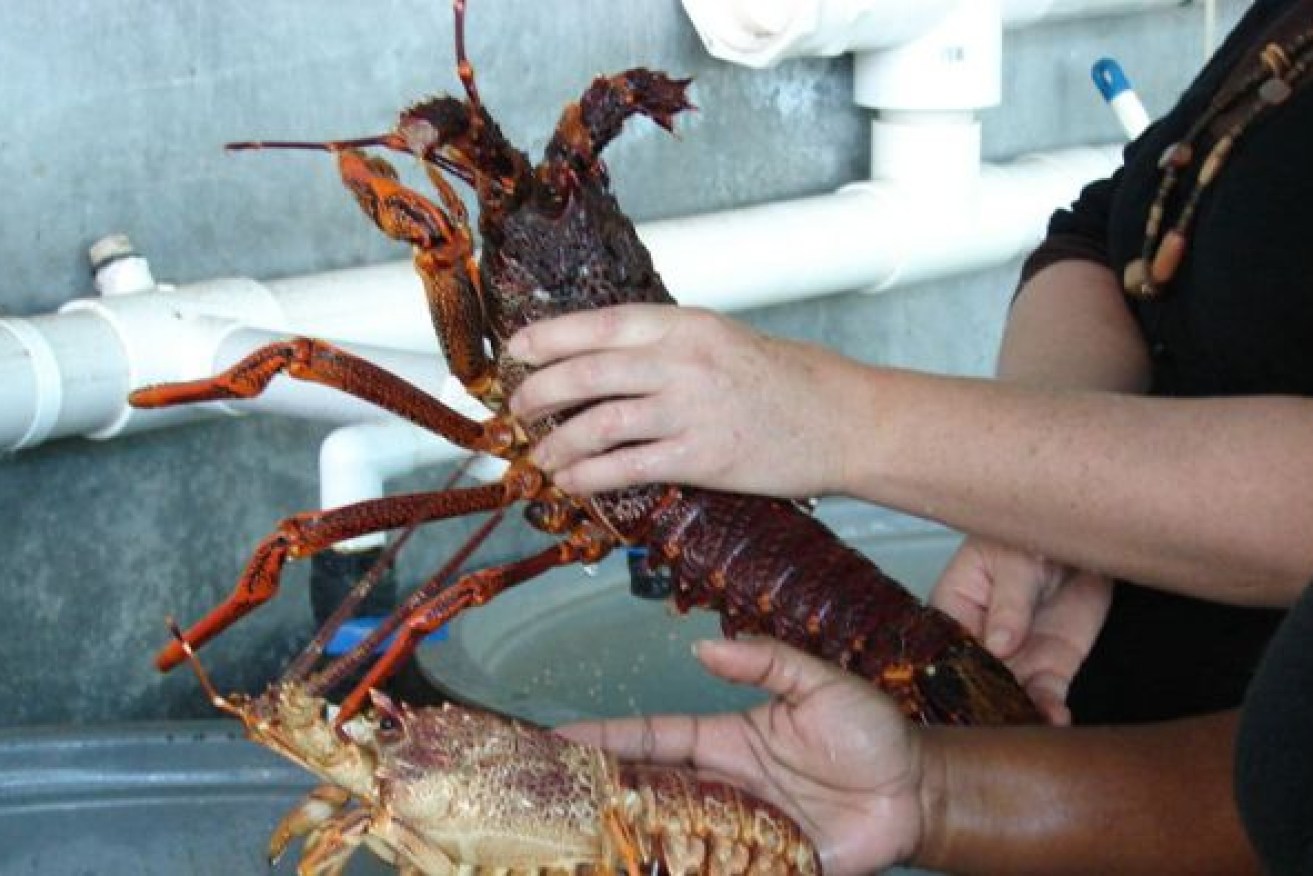Eyes on China as Australia marks launch of regional trade pact


Baby and adult crayfish alike show adverse reactions to sonic testing, researchers have found. Photo: AAP
Trade Minister Dan Tehan has welcomed a key new regional partnership, saying it gives Australian farmers and businesses access to the world’s largest free trade agreement.
The Regional Comprehensive Economic Partnership Agreement (RCEP) came into force on Saturday for Australia, New Zealand, Brunei Darussalam, Cambodia, China, Japan, Laos, Singapore, Thailand, and Vietnam. The Republic of Korea will formally join the pact on February 1.
The irony is that pact participant China continues to impose punitive tariffs and restrictions on Australian products even as it endorses an agreement intended to end such trade blockades.
Ren Hongbin, vice-minister of commerce, said at a press conference that the country is ready to fulfill a total of 701 binding obligations under the agreement, describing it as “a new milestone for China’s opening-up”.
According to the agreement, China will open up 22 more service sectors, adding to the 100-sector commitment it undertook two decades ago in order to join the World Trade Organization.
Mr Tehan described RCEP is “a fantastic opportunity” that would see Australia capitalise on “Australian-made products and services held in such high regard in these markets.”
“By streamlining requirements around rules of origin, RCEP will advantage local sourcing of goods and promote collaboration through regional value chains, which our businesses are primed to partake in,” Mr Tehan said.
RCEP improves on existing trade agreements in areas of the greatest growth potential, Mr Tehan said, such as services, digital trade and two-way investment.
He said Saturday also marked another set of annual tariff cuts coming into force for Australia’s free trade agreements, including the CPTPP and the Korea-Australia Free Trade Agreement (KAFTA).
Australian bluefin tuna and Atlantic salmon exporters benefit from Japanese tariffs falling to 1.9 per cent under the CPTPP on Saturday, while tariffs on sheep and goat meat exports fell by half to 2.25 per cent under KAFTA.
“International trade is integral to business recovery from COVID-19. The entry into force of RCEP and further tariff cuts through our other free trade agreements will help create Australian jobs and foster economic growth for our nation,” Mr Tehan said.
-with AAP








